Navigating the complex landscape of business regulations can feel overwhelming. Businesses of all sizes – from startups to multinational corporations – face a constant stream of rules and requirements designed to protect consumers, safeguard employees, and maintain the integrity of the marketplace. Understanding and adhering to these regulations is no longer optional; it’s a fundamental requirement for sustainable growth and long-term success. This article will provide a comprehensive overview of the key aspects of business compliance regulations, offering practical guidance and resources to help you stay informed and compliant. Business compliance regulations are the bedrock of responsible business practices, minimizing risk and fostering trust with stakeholders. They are constantly evolving, requiring continuous monitoring and adaptation. Ignoring them can lead to significant financial penalties, reputational damage, and even legal action. This guide aims to demystify these regulations and empower you to proactively manage your compliance efforts.
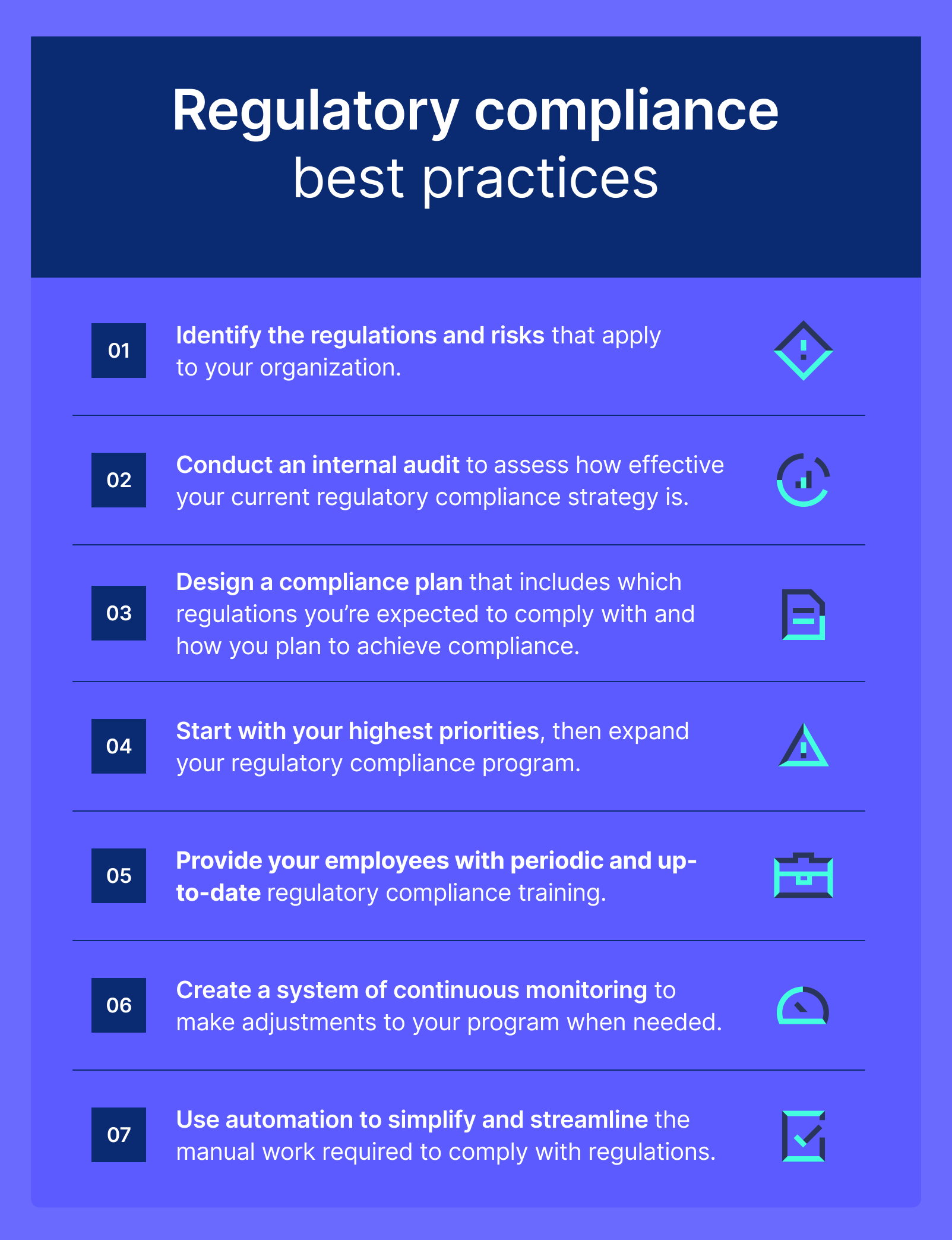
What Are Business Compliance Regulations?
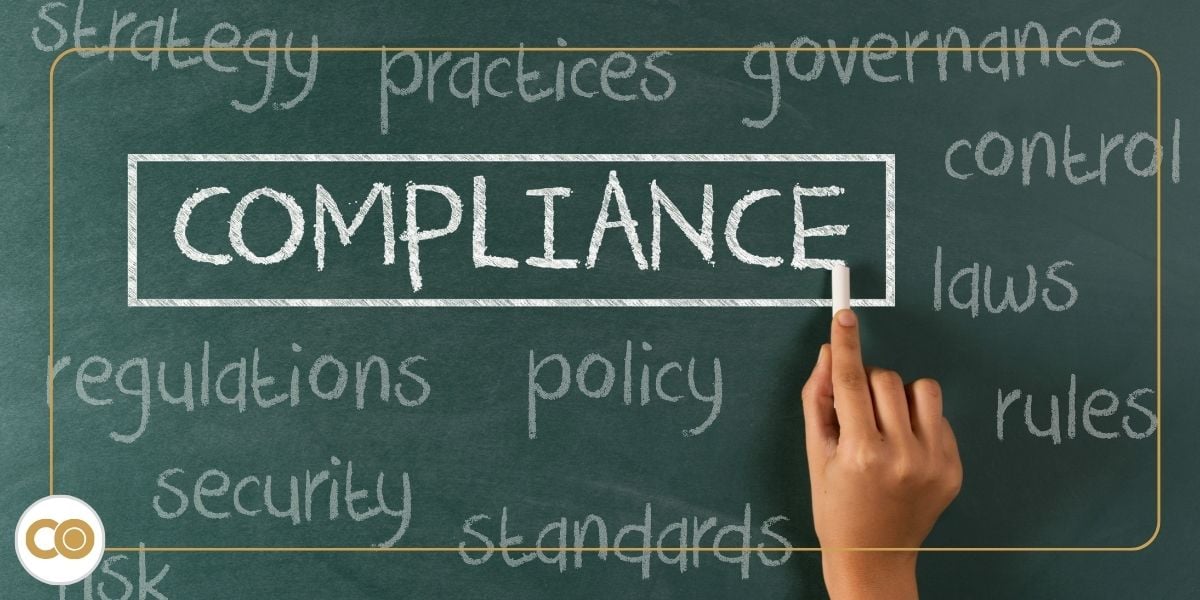
Business compliance regulations are a collection of laws, rules, and standards designed to ensure that businesses operate ethically and legally. They encompass a wide range of areas, including labor laws, environmental regulations, data privacy, consumer protection, financial regulations, and industry-specific rules. The purpose of these regulations is multifaceted: to protect consumers, safeguard the environment, promote fair competition, and maintain the stability of the economy. They are enforced by government agencies, industry associations, and legal professionals, and violations can result in substantial fines, legal action, and even criminal charges. The specific regulations that apply to a business will depend on its industry, location, and the nature of its operations. A restaurant, for example, will be subject to food safety regulations, while a software company will need to comply with data privacy laws. A small retail store will need to adhere to consumer protection laws regarding advertising and product safety. Understanding the breadth of these regulations is the first step towards effective compliance.

Key Areas of Business Compliance Regulations
Let’s delve into some of the most crucial areas of business compliance regulations:
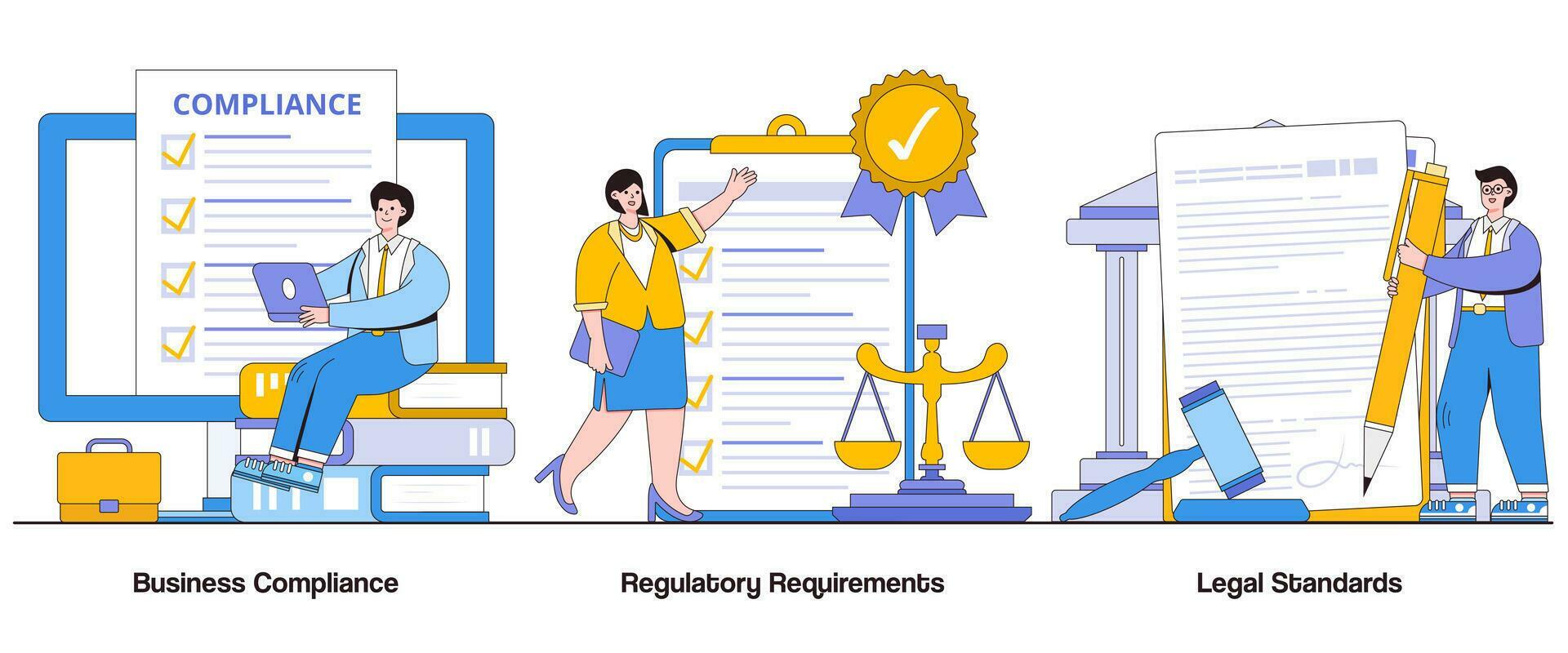
Labor Laws
Labor laws govern the terms and conditions of employment, including wages, hours, working conditions, and employee rights. Compliance with these laws is essential for avoiding costly lawsuits and maintaining a positive employee relations environment. Key areas include:
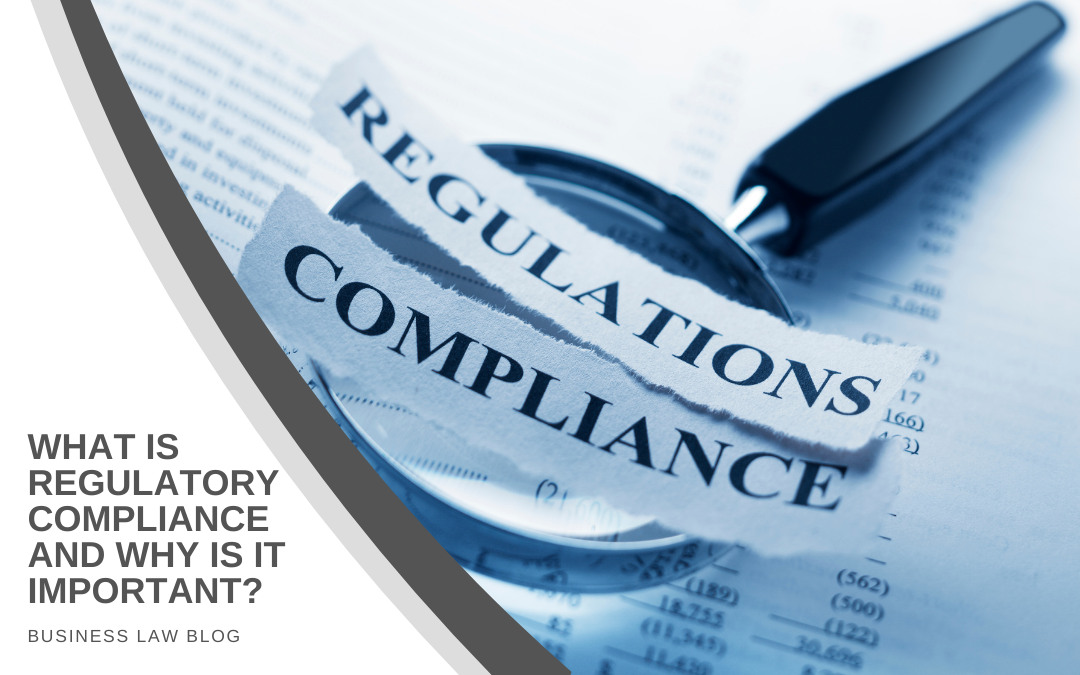
- Minimum Wage: Ensuring that employees are paid at least the minimum wage as mandated by law.
- Overtime Pay: Calculating and paying overtime wages accurately for hours worked beyond the standard workweek.
- Employee Classification: Properly classifying employees as employees versus independent contractors, which has significant tax and legal implications.
- Discrimination and Harassment: Prohibiting discrimination and harassment in the workplace and implementing robust policies to address these issues.
- Safety Regulations: Ensuring a safe and healthy work environment through adherence to safety standards and providing appropriate training.
Environmental Regulations
Environmental regulations aim to protect the environment and minimize pollution. Businesses must comply with regulations related to waste disposal, emissions, resource consumption, and hazardous materials handling. Examples include:
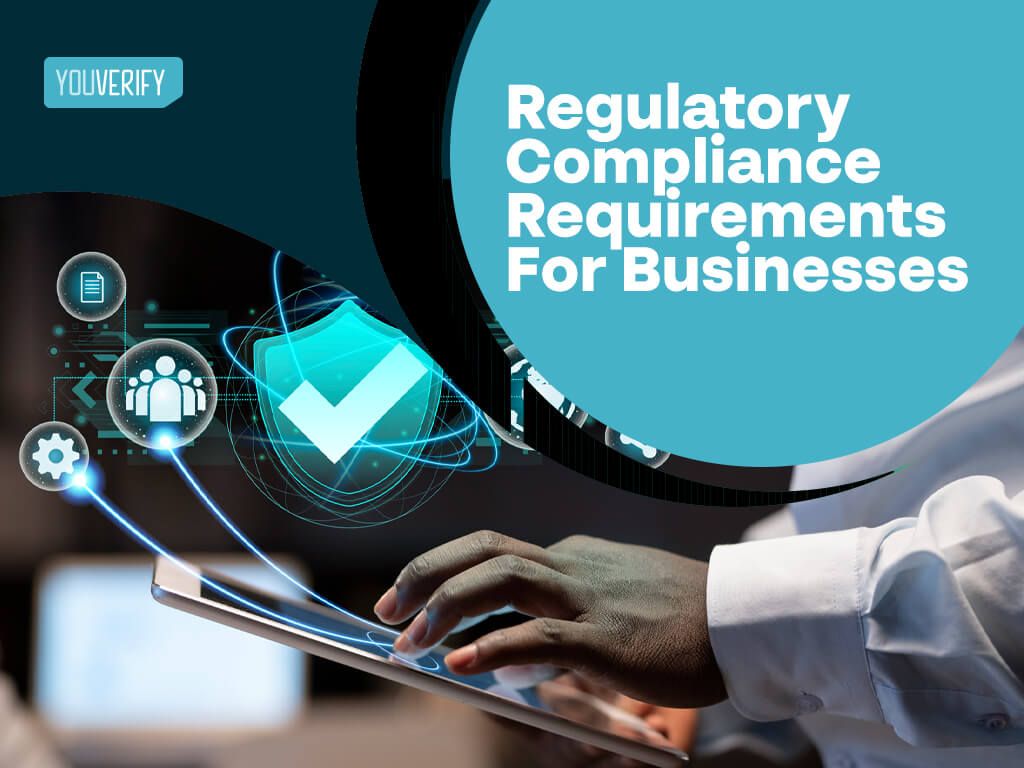
- Clean Air Act: Regulating air emissions from industrial facilities.
- Clean Water Act: Protecting water quality and regulating wastewater discharge.
- Resource Conservation and Recovery Act (RCRA): Managing hazardous waste.
- Environmental Impact Assessments: Assessing the potential environmental impacts of new projects or operations.
Data Privacy Regulations (e.g., GDPR, CCPA)
In recent years, data privacy regulations have become increasingly important. These regulations govern the collection, use, and storage of personal data, giving individuals greater control over their information. Key regulations include:
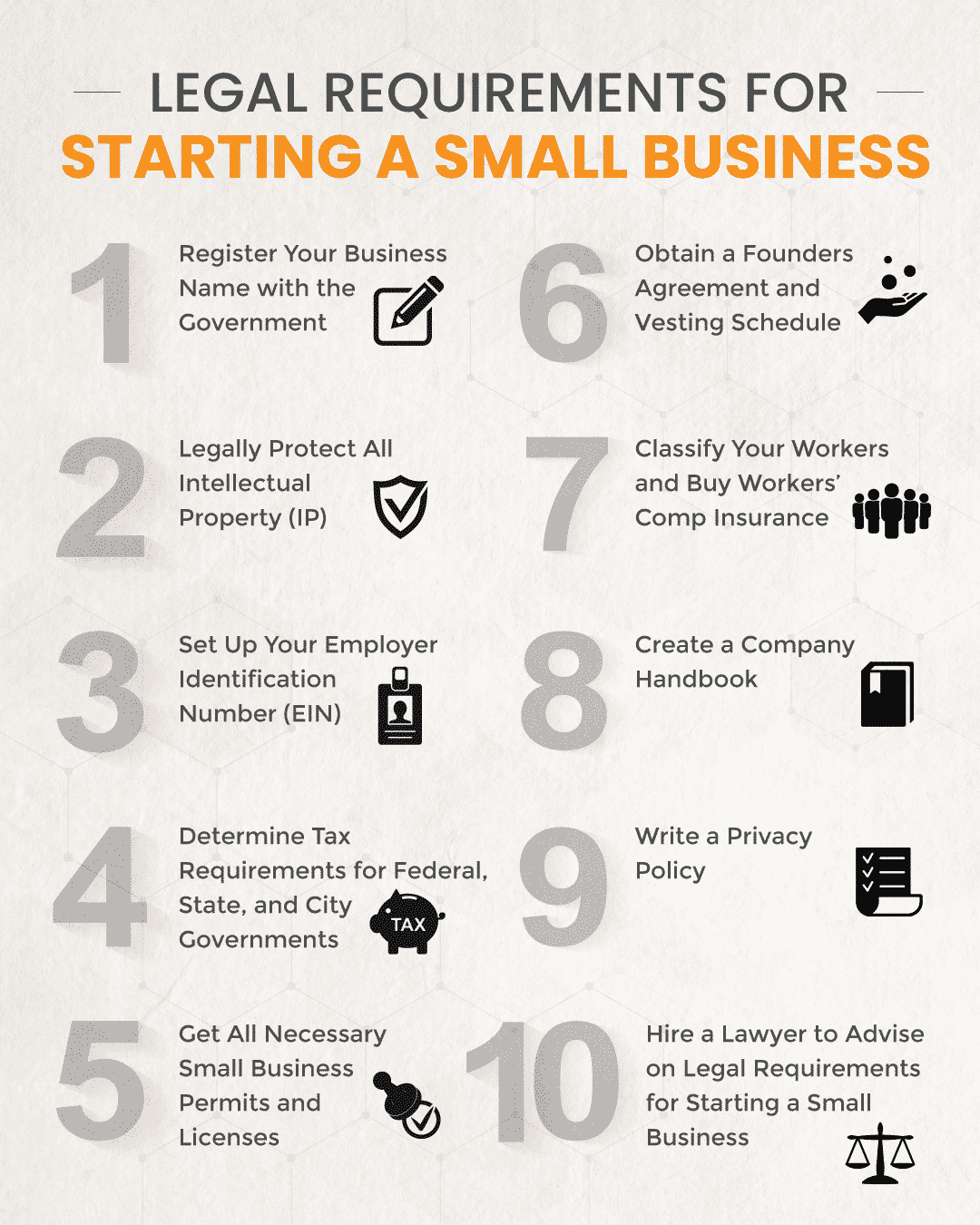
- General Data Protection Regulation (GDPR): Applies to organizations processing the personal data of individuals in the European Union.
- California Consumer Privacy Act (CCPA): Grants California consumers rights regarding their personal data.
- Other State-Specific Laws: Many states have enacted their own data privacy laws, adding to the complexity of compliance.
Financial Regulations
Financial regulations govern the operations of financial institutions and businesses that handle money. These regulations aim to protect consumers, prevent fraud, and maintain the stability of the financial system. Examples include:
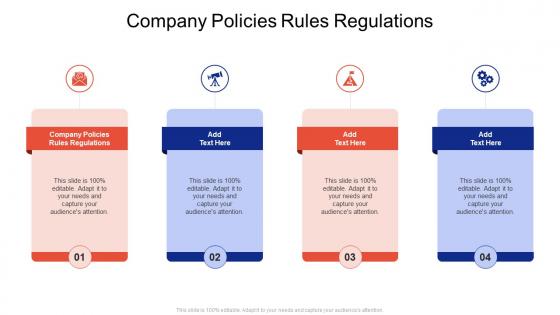
- Securities and Exchange Commission (SEC) Regulations: Governing the issuance and trading of securities.
- Bank Secrecy Act: Requiring financial institutions to report suspicious transactions.
- Anti-Money Laundering (AML) Regulations: Preventing the use of the financial system for illegal activities.
Industry-Specific Regulations
Many industries have their own specific compliance requirements. For example:
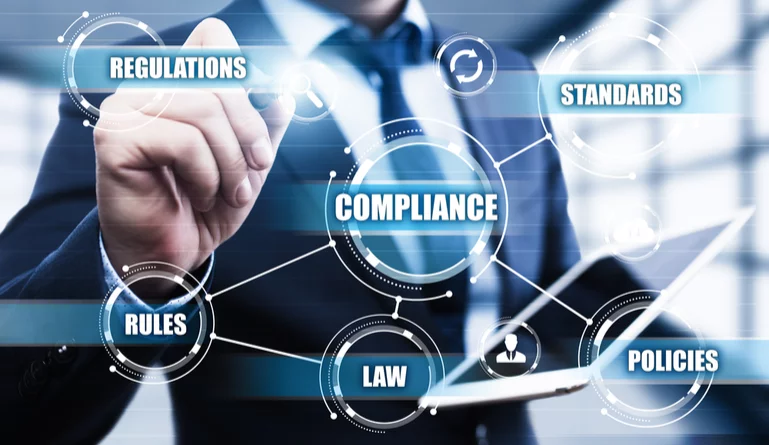
- Healthcare: Strict regulations regarding patient privacy, medical device safety, and drug regulation.
- Food and Beverage: Regulations related to food safety, labeling, and sanitation.
- Telecommunications: Regulations governing telecommunications infrastructure and data security.
The Importance of Due Diligence and Ongoing Monitoring
Simply knowing what regulations apply isn't enough. Businesses must actively engage in due diligence to identify all applicable requirements and continuously monitor changes to the regulatory landscape. This involves:

- Staying Informed: Regularly reading industry publications, attending webinars, and consulting with legal experts to stay abreast of regulatory changes.
- Conducting Risk Assessments: Identifying potential compliance risks and developing mitigation strategies.
- Developing Compliance Policies and Procedures: Creating documented policies and procedures to ensure consistent compliance.
- Employee Training: Providing regular training to employees on relevant regulations and compliance requirements.
- Audits and Inspections: Conducting internal and external audits to assess compliance.
Resources for Business Compliance Regulations
Numerous resources are available to help businesses navigate the complex world of business compliance regulations:
- Government Agencies: The U.S. Department of Labor, the Environmental Protection Agency (EPA), and the Securities and Exchange Commission (SEC) are key regulatory bodies.
- Industry Associations: Many industry associations provide resources and guidance on compliance matters.
- Legal Professionals: Consulting with an attorney specializing in business law can provide valuable expertise.
- Compliance Software: Several software solutions are available to help businesses manage compliance tasks.
Conclusion
Business compliance regulations are a critical aspect of responsible business operations. Understanding the various regulations that apply to your industry and maintaining a proactive approach to compliance are essential for protecting your business, fostering trust with stakeholders, and ensuring long-term success. By investing in compliance programs and staying informed about regulatory changes, businesses can minimize risk, avoid costly penalties, and contribute to a more ethical and sustainable marketplace. Business compliance regulations are not a one-time undertaking; they are an ongoing commitment to responsible business practices. Failure to comply can have severe consequences, making proactive engagement with these regulations a vital investment for any organization.